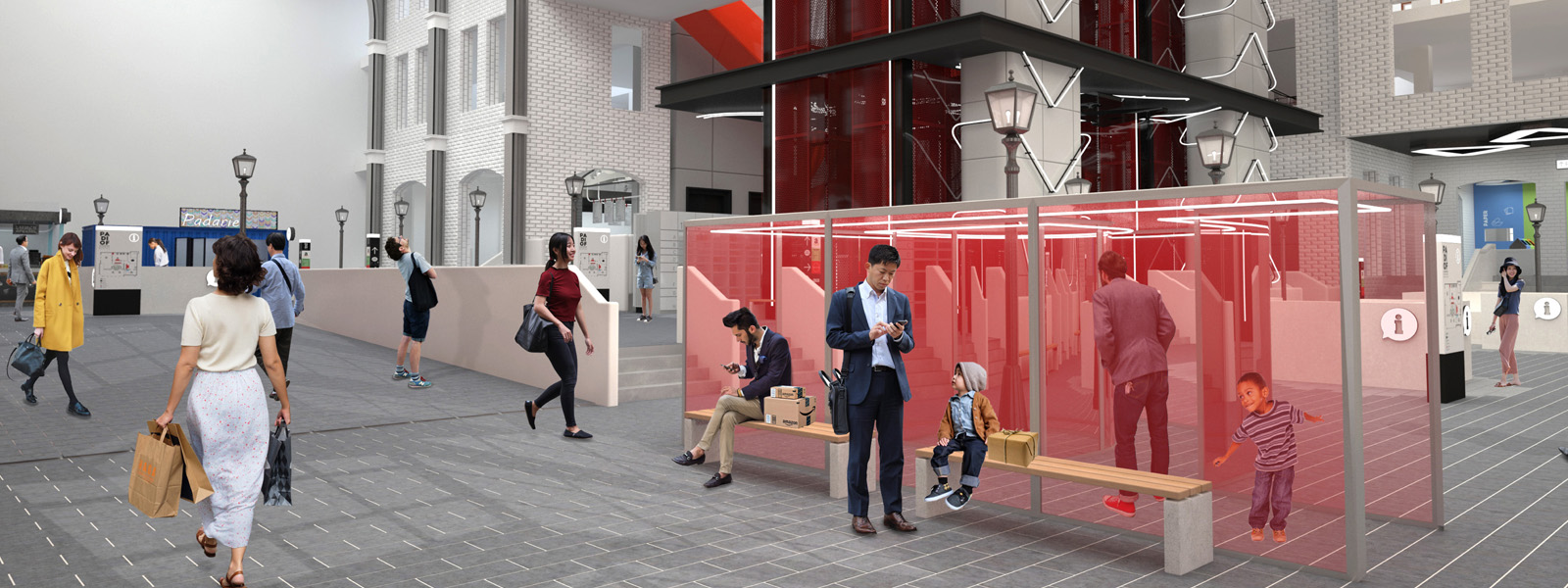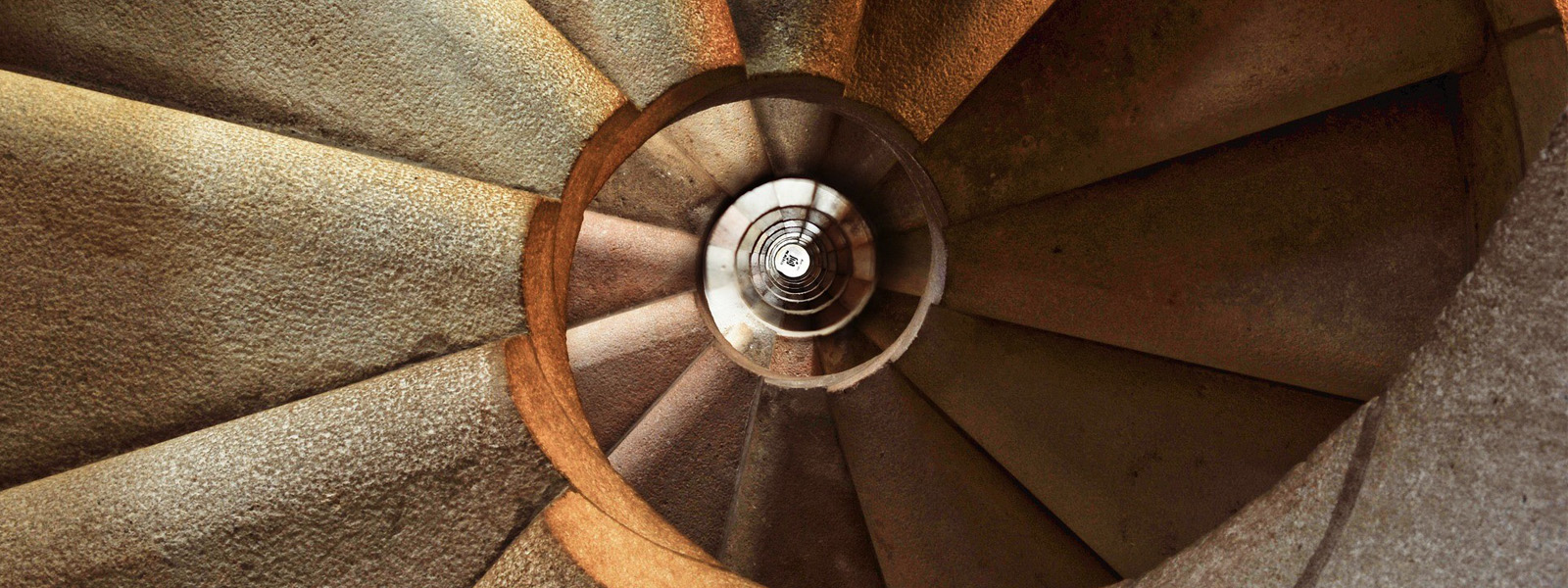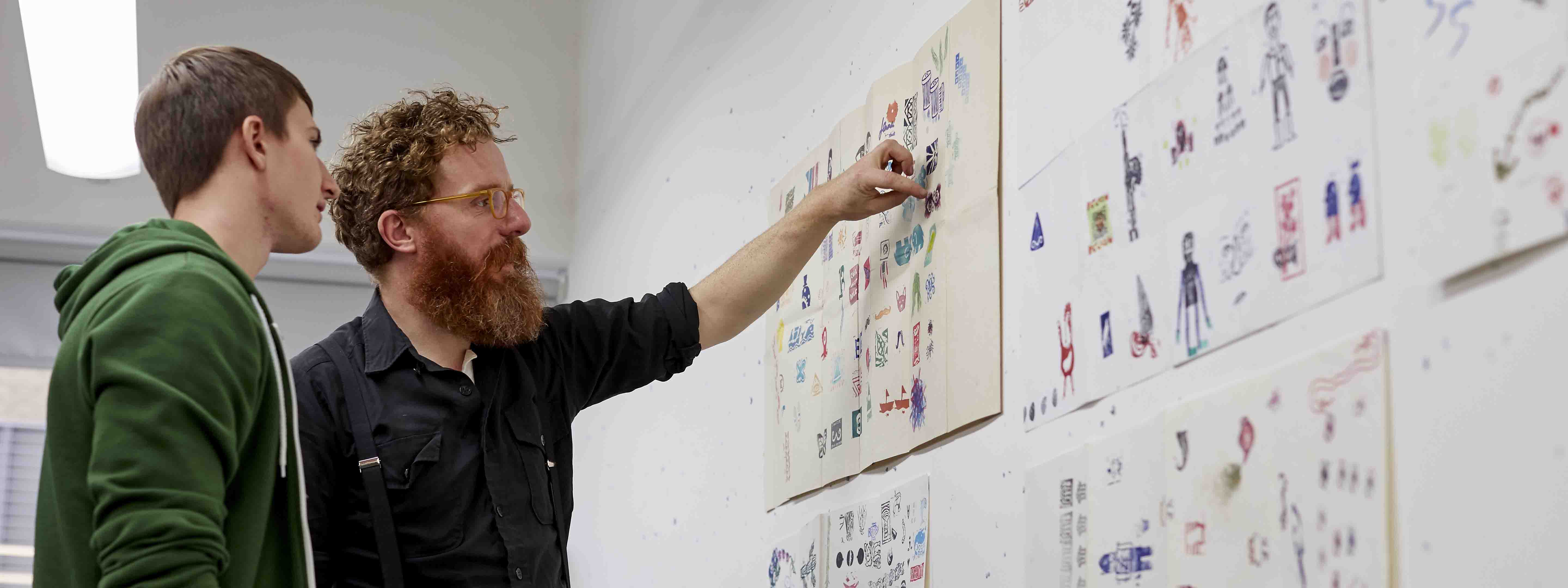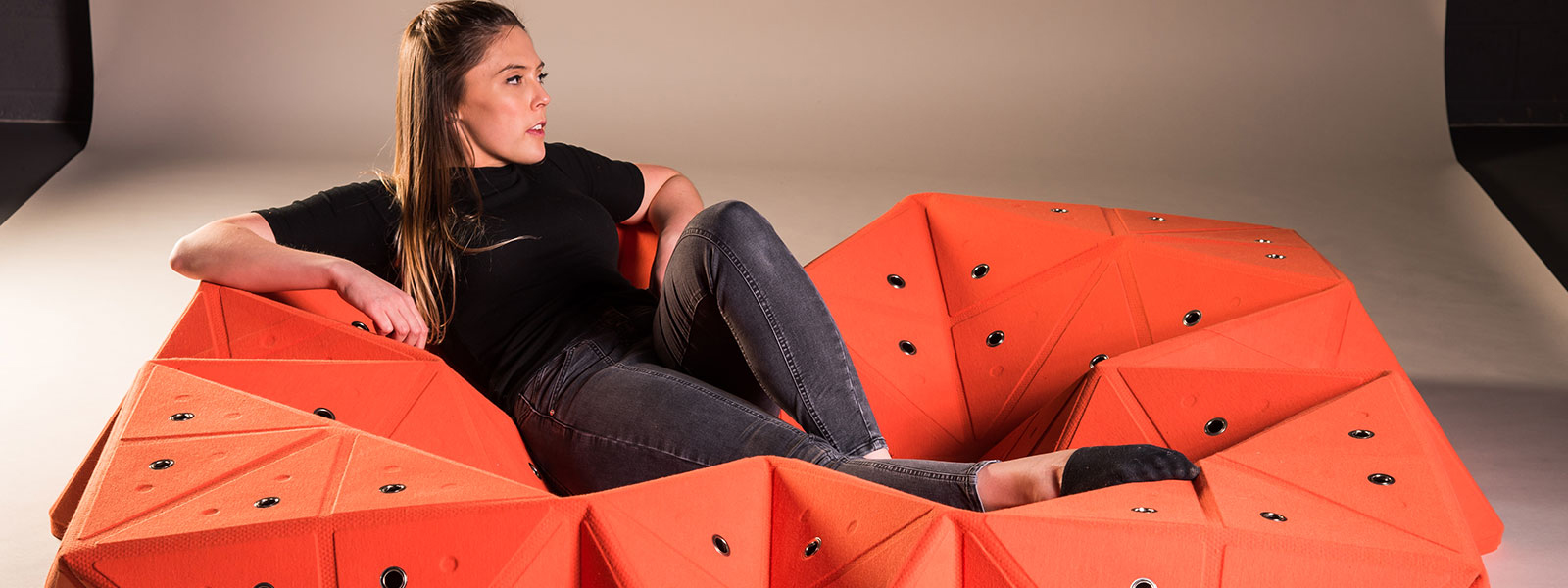How You Study
Three-dimensional thinking is the focus of the first year and it is explored through a variety of media. Students are challenged to consider how the design process works and begin to use the skills of planning and modelling. The history and theory of architecture and design are also examined, providing students with the chance to contextualise their practice with a solid theoretical understanding of the subject.
In their second year, students are introduced to the concept of social relationships and the responsibilities and challenges that face interior architects. In the third year, students are required to complete an individual comprehensive design project in an area of personal interest, demonstrating the skills they have acquired as a designer. Professional practice is emphasised at this stage, supporting students to develop the skills necessary for careers in the industry.
Modules are presented in two streams: the design process and the research process. The design process incorporates conceptual, technical, and professional knowledge areas, as well as conception development, resolution, and communication. The research process stream focuses on design theory and contextual material, enabling students to develop research skills.
Working in a studio-based environment, students can develop and evolve their skills through stimulating briefs and live projects exploring space, light and structure. In parallel to the studio sessions students engage in computer-based tutorials where they build their skills based knowledge. Theoretical principles are taught in a lecture/seminar environment, interior architects and designers are communicators and it is important that they are able to research, formulate opinions, and develop topical insight.
Students on this programme learn from academic staff who are often engaged in world-leading or internationally excellent research or professional practice. Contact time can be in studio sessions, seminars or lectures and may vary from module to module and from academic year to year. Tutorial sessions and project supervision can take the form of one-to-one engagement or small group sessions. Some courses offer the opportunity to take part in external visits and fieldwork.
Student may also have the opportunity to broaden their horizons with a year working in industry. This is an excellent opportunity to gain industry experience and build networks ready for pursing a graduate role after university.
It is still the case that students read for a degree and this means that in addition to scheduled contact hours, students are required to engage in independent study. This allows you to read around a subject and to prepare for lectures and seminars through wider reading, or to complete follow up tasks such as assignments or revision. As a general guide, the amount of independent study required by students at the University of Lincoln is that for every hour in class you are expected to spend at least two to three hours in independent study.








